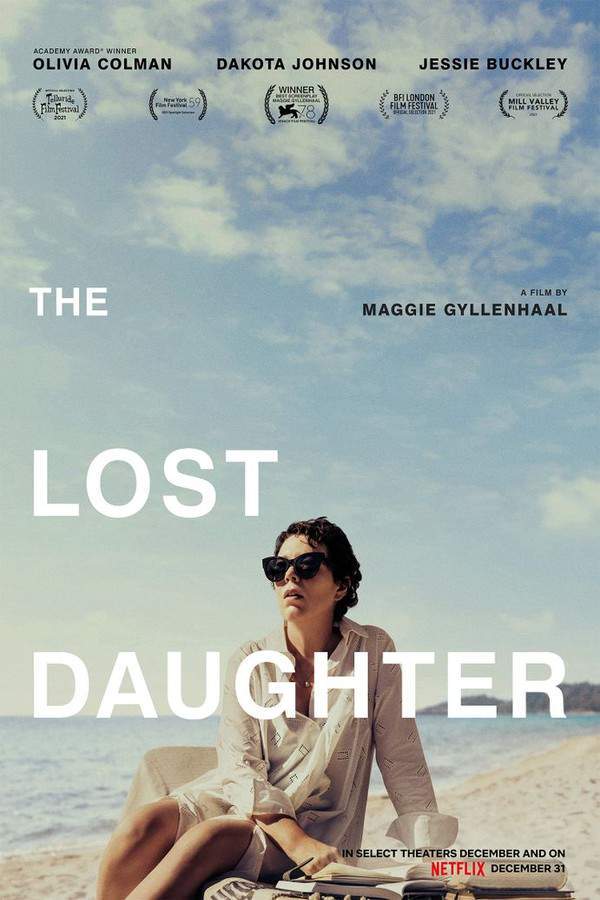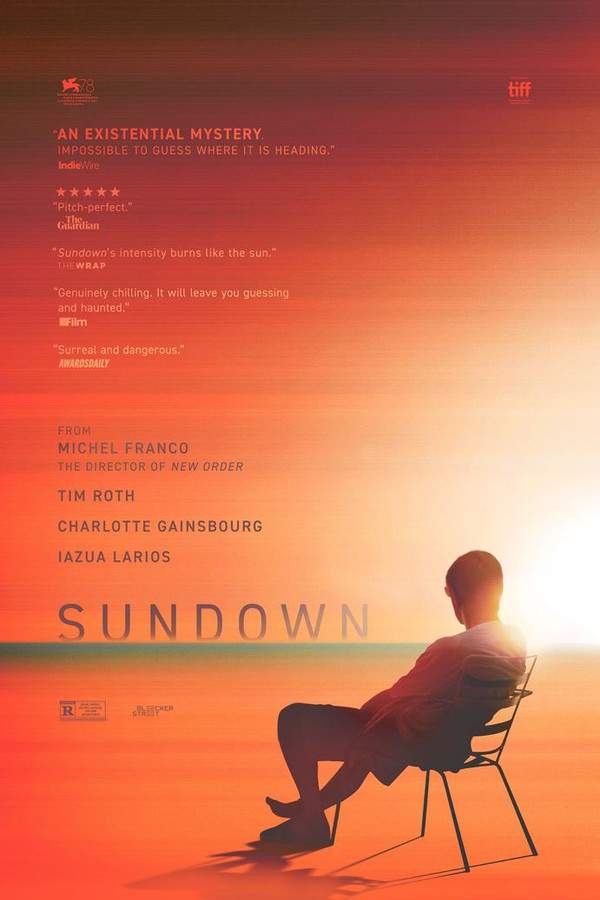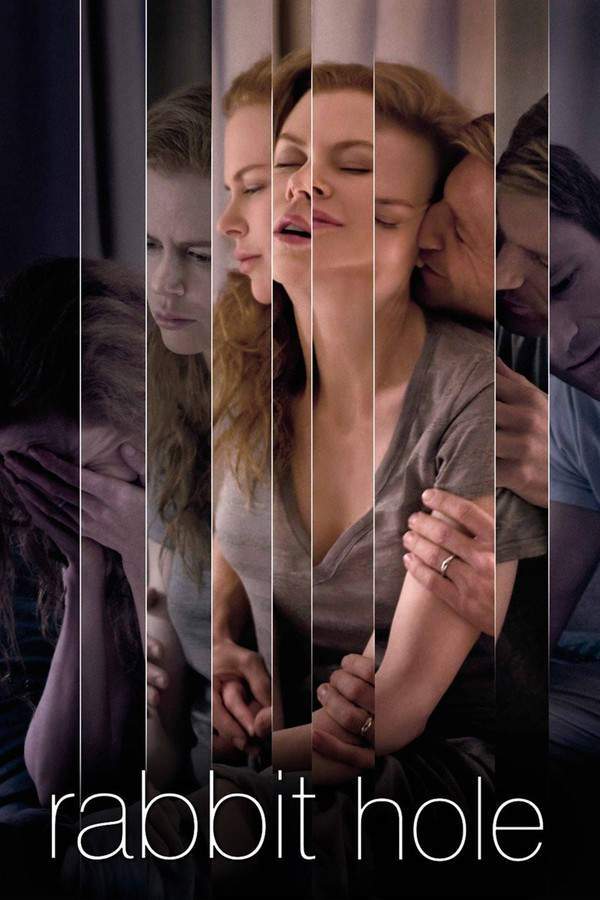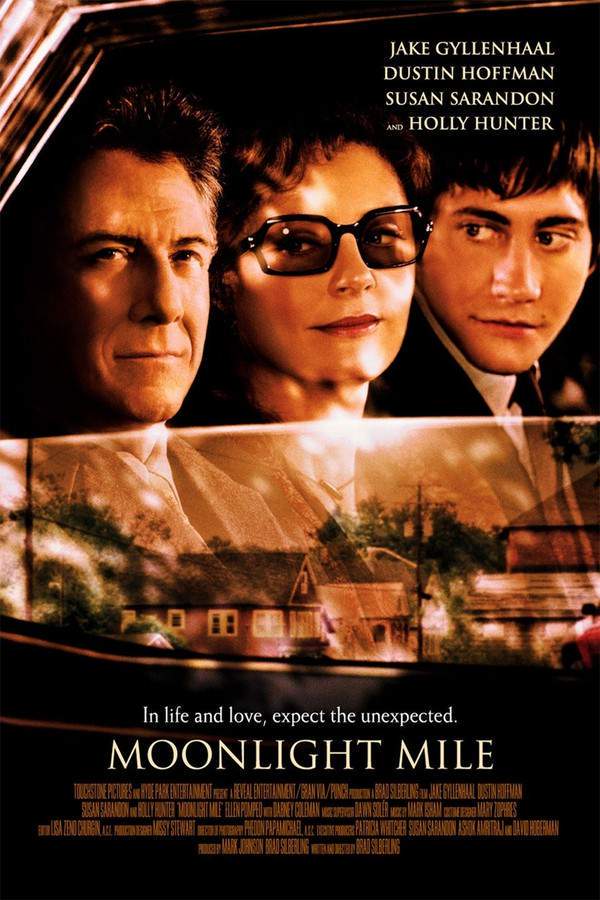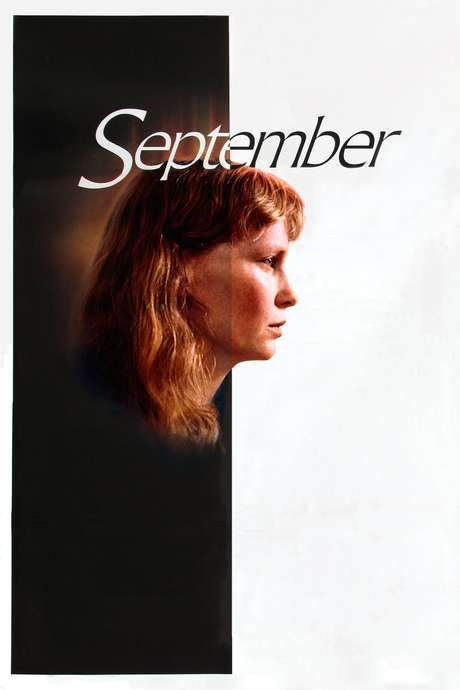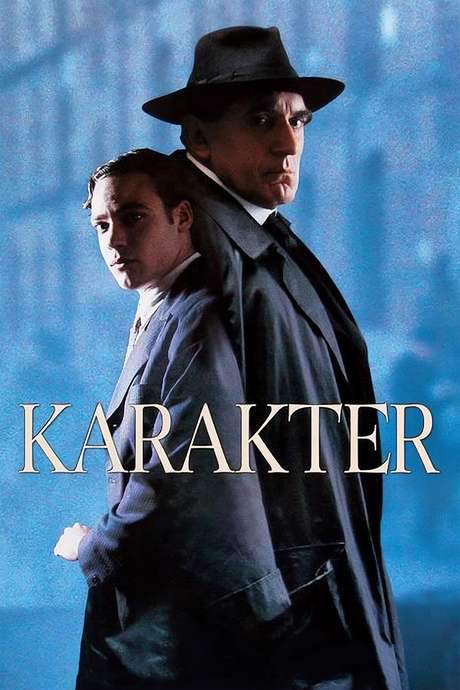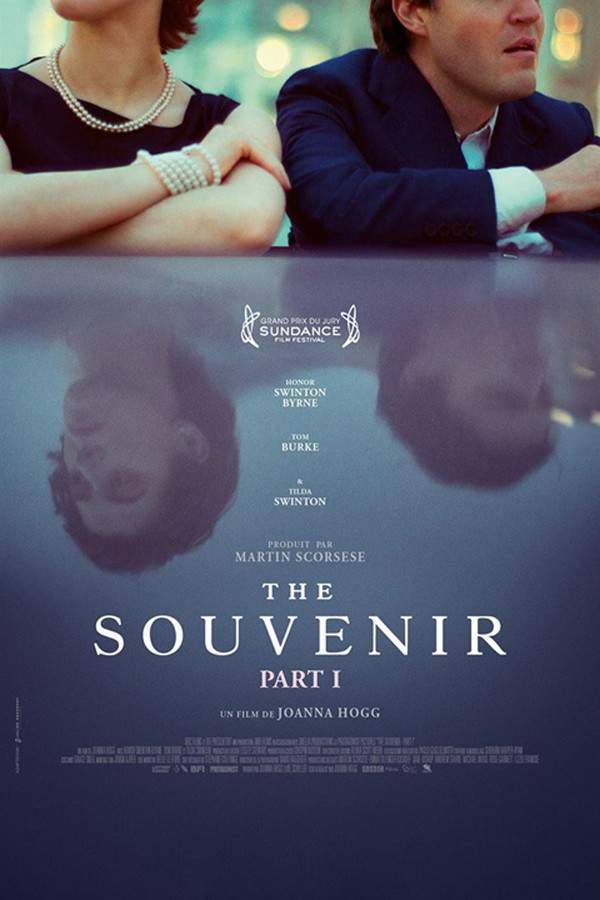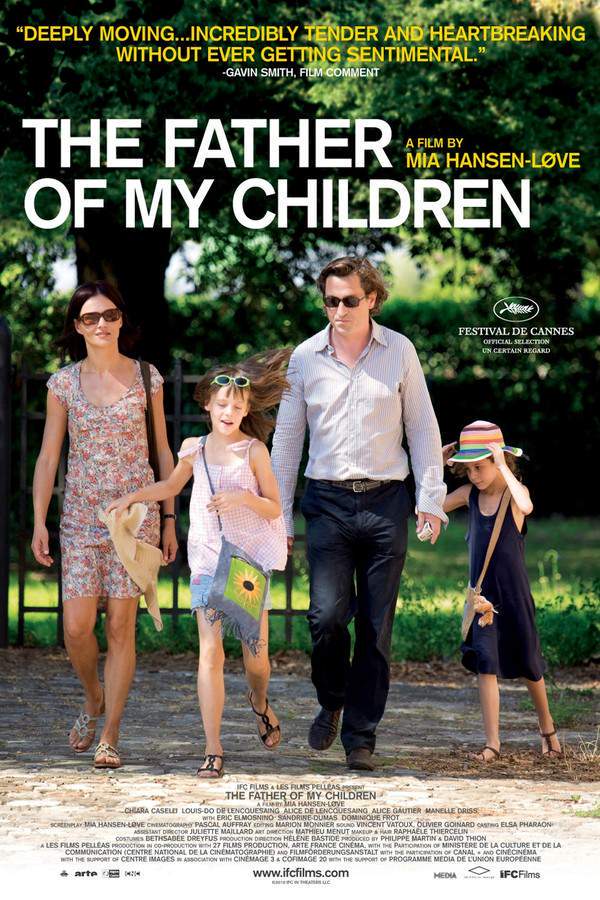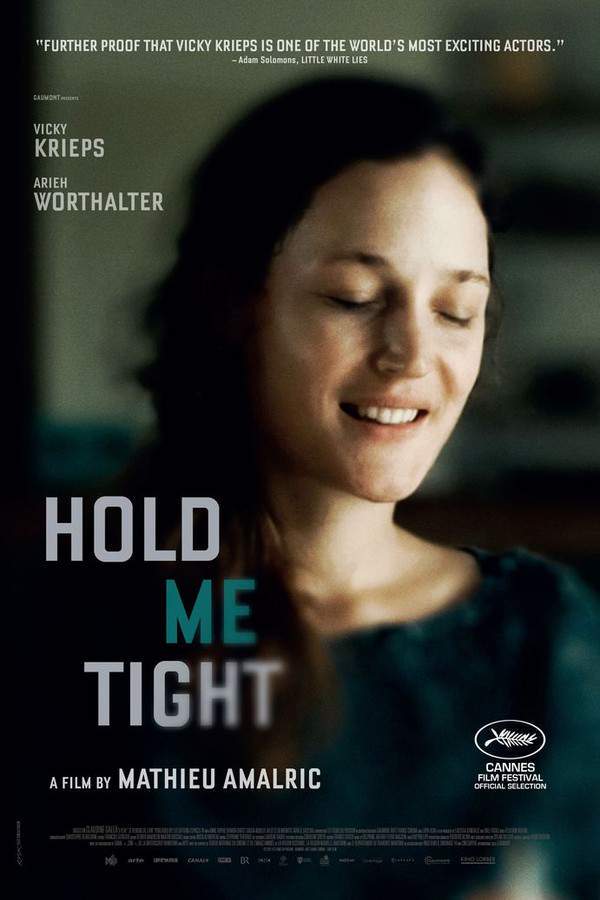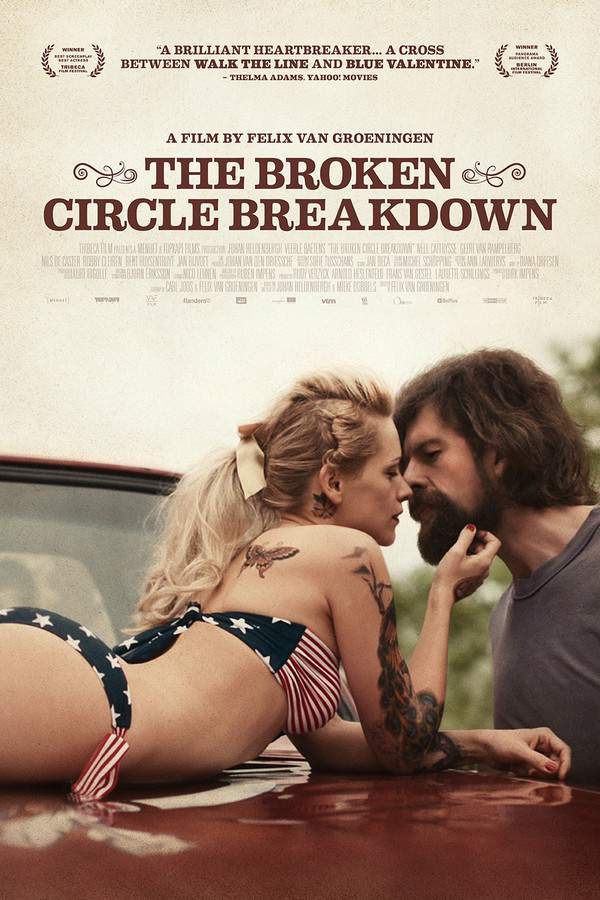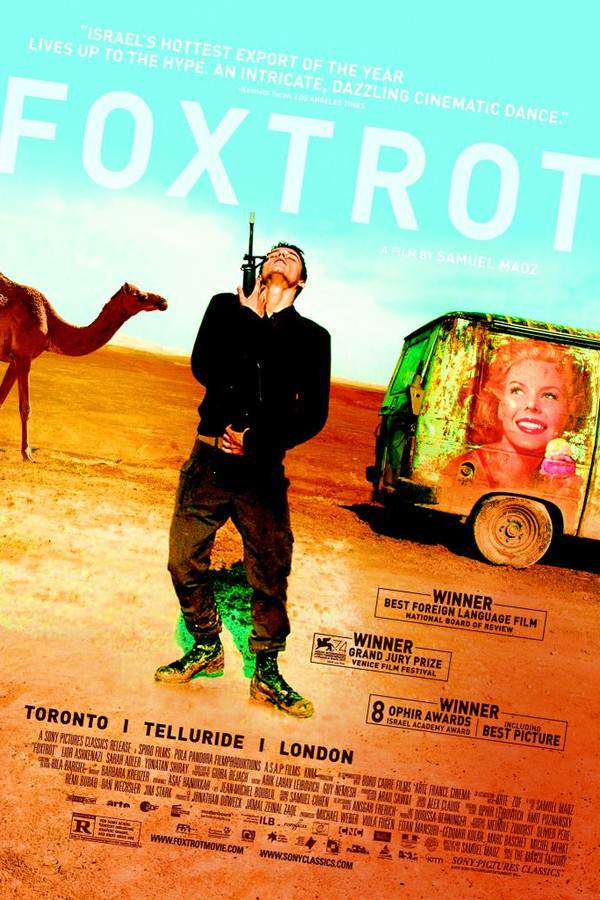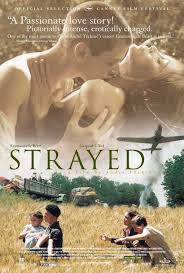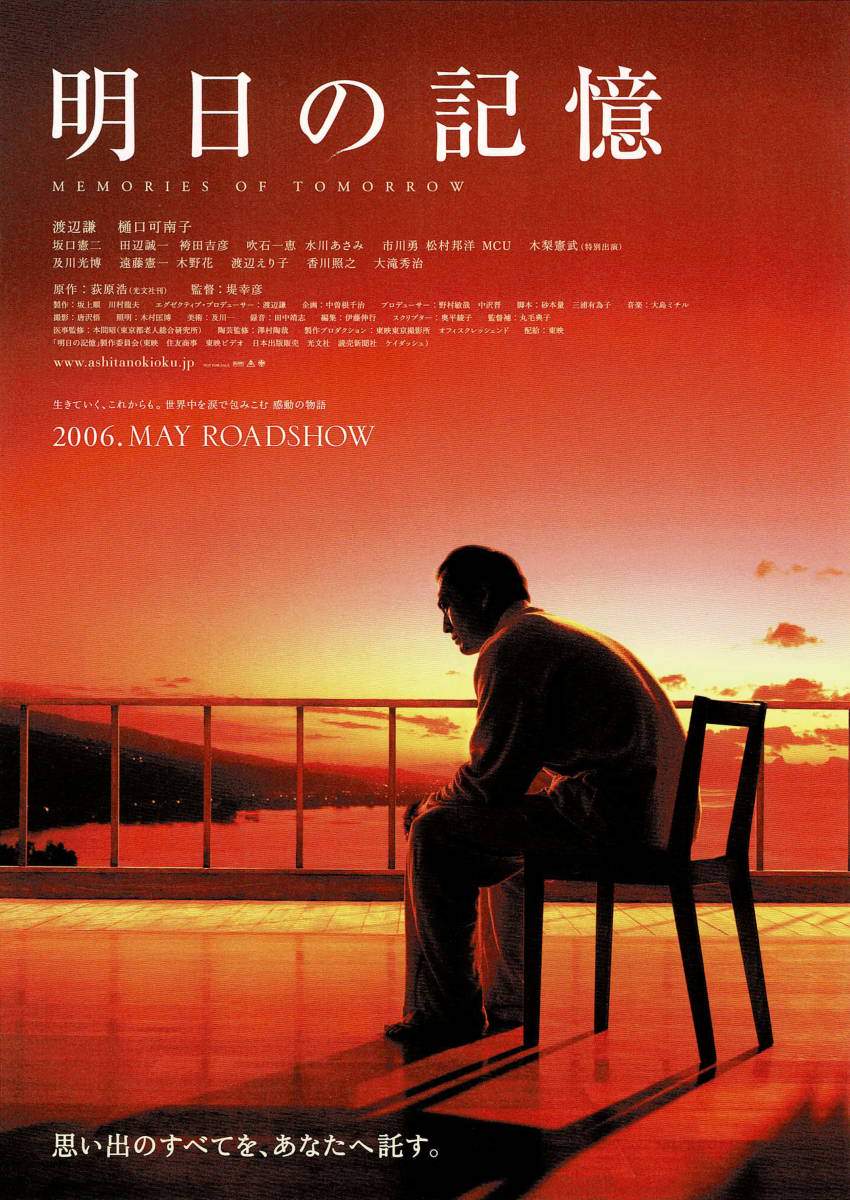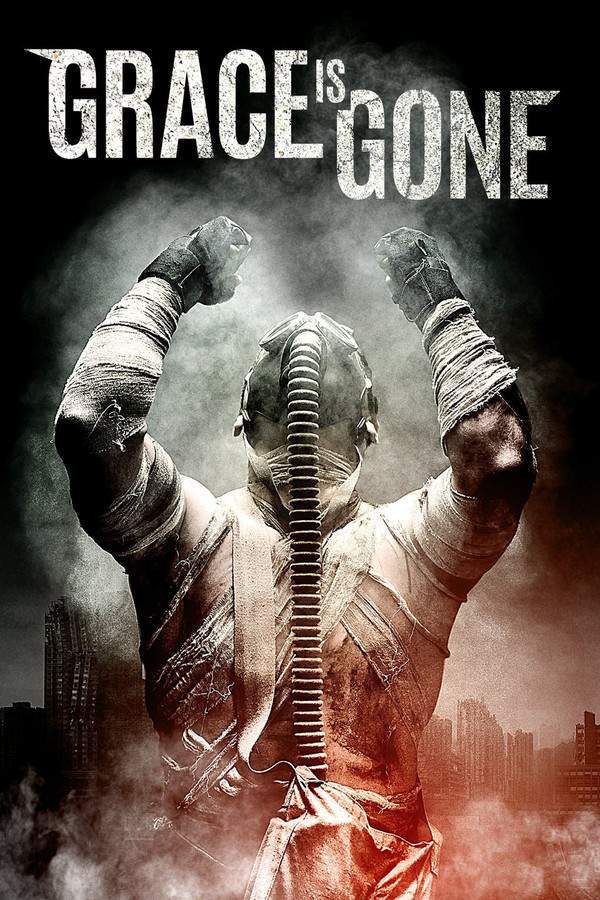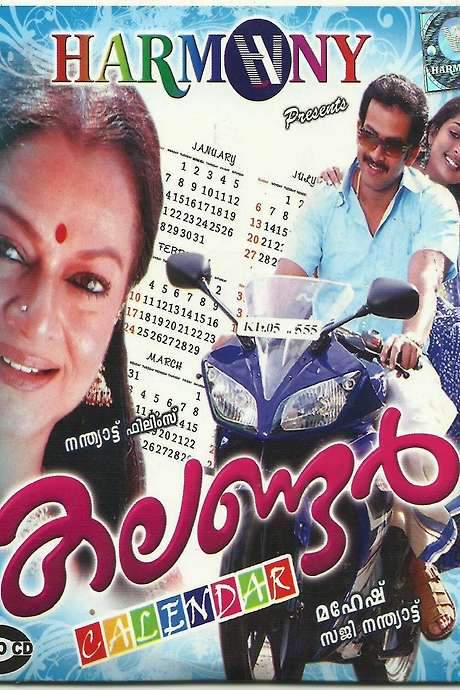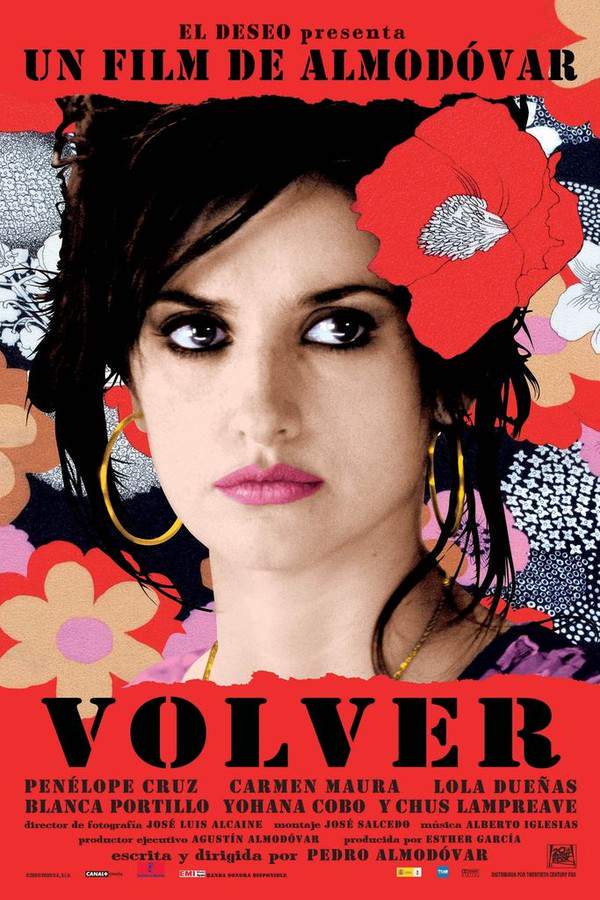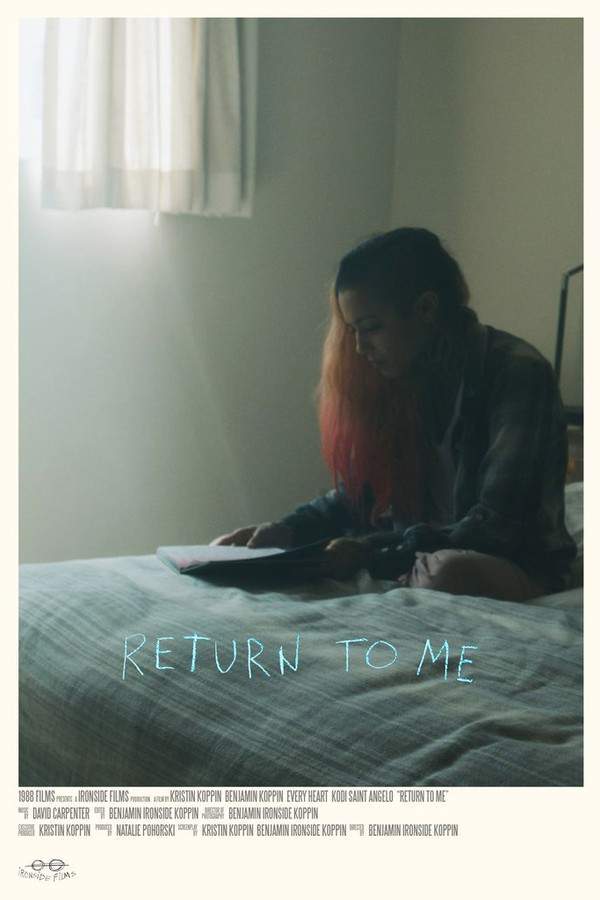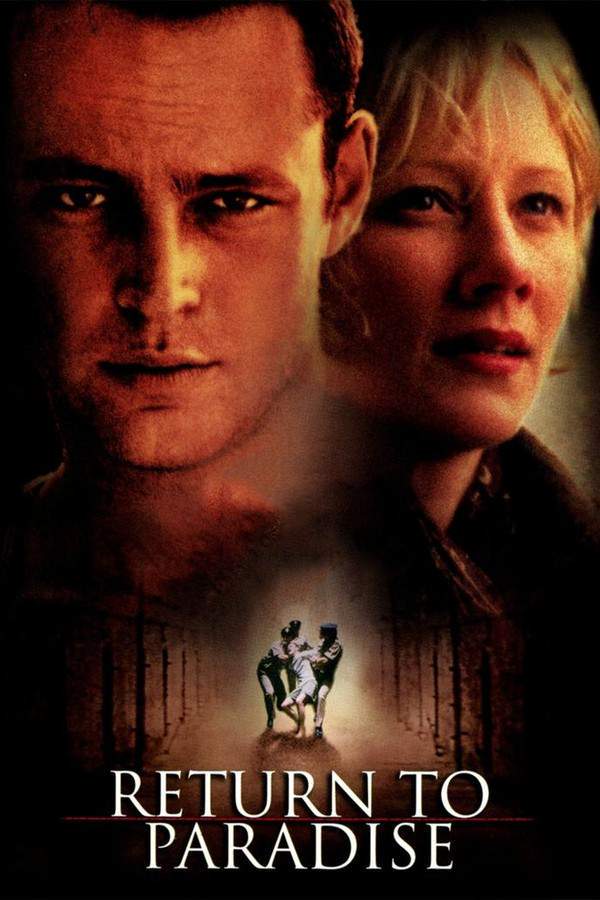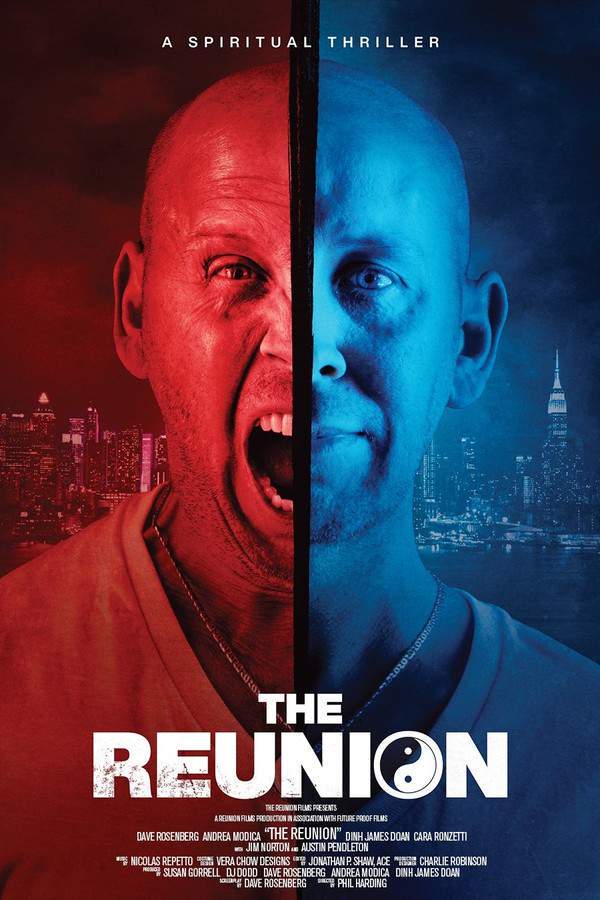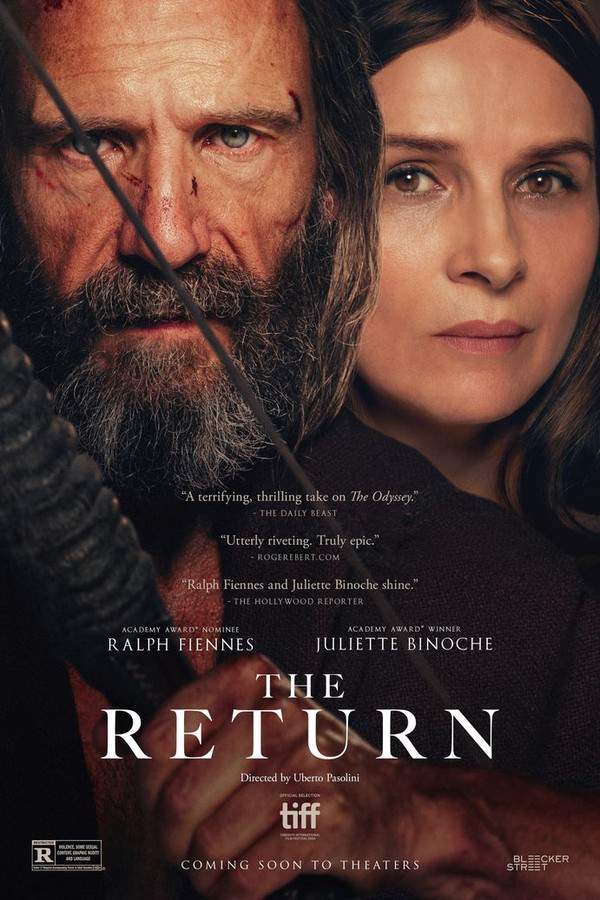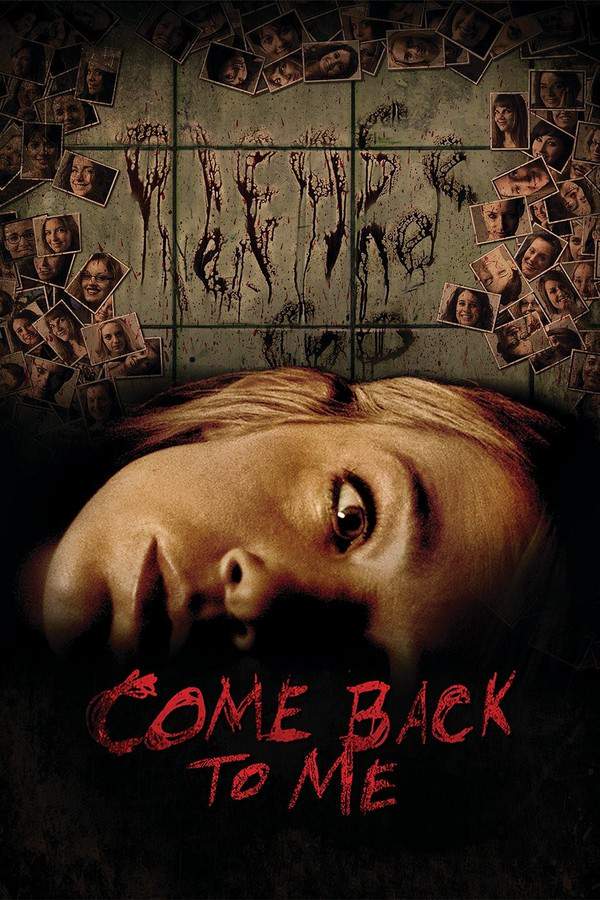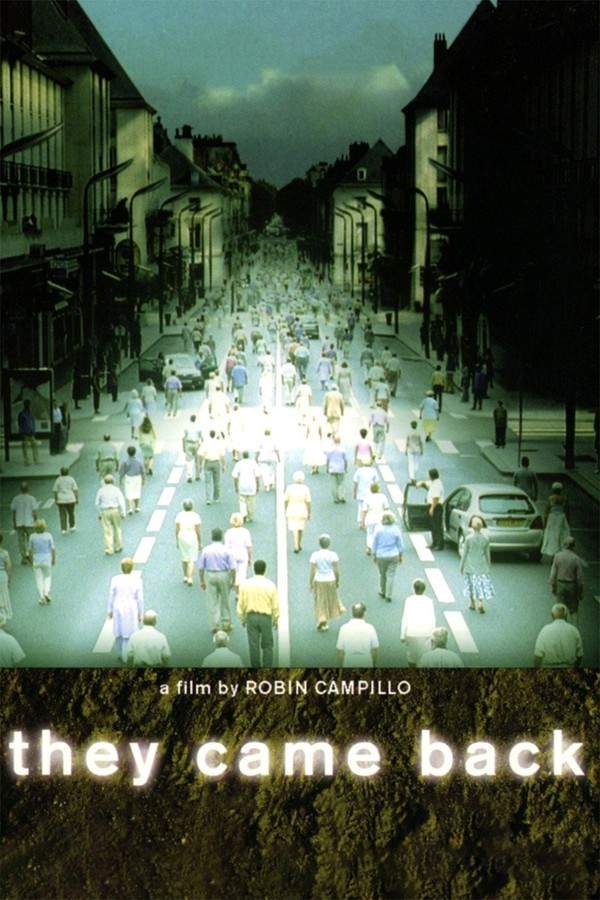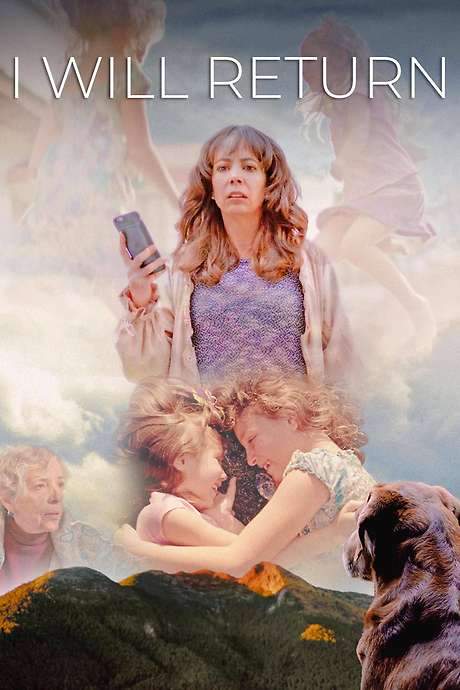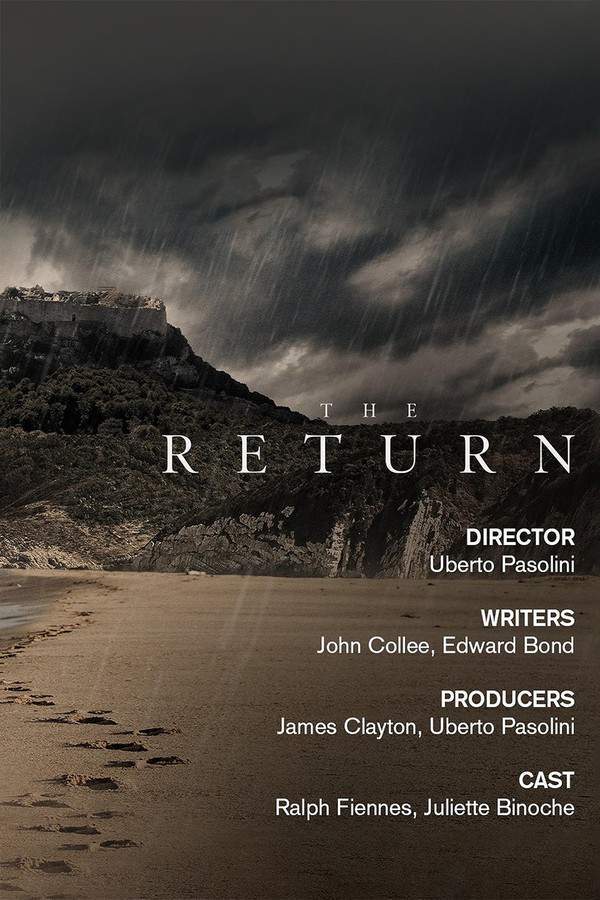
The Return
Year: 2004
Runtime: 105 min
Language: english
Director: Andrei Zvyagintsev
Two brothers are reunited with their father after a 12-year absence, initiating a complicated and emotional journey. The return forces them to confront buried childhood trauma and the reasons for his departure. As they attempt to rebuild their family, old wounds resurface, testing the strength of their bond and forcing them to grapple with painful truths about their past and each other.
Warning: spoilers below!
Haven’t seen The Return yet? This summary contains major spoilers. Bookmark the page, watch the movie, and come back for the full breakdown. If you're ready, scroll on and relive the story!
The Return (2004) – Full Plot Summary & Ending Explained
Read the complete plot breakdown of The Return (2004), including all key story events, major twists, and the ending explained in detail. Discover what really happened—and what it all means.
In contemporary Russia, two brothers, Ivan and Andrei, have forged a quiet, stubborn bond to fill the void left by a missing father. Their mother and grandmother share their home, creating a family dynamic that is intimate, tense, and delicate at once. The story opens with a jolt of unexpected change: after a long 12-year absence, the father returns, arriving with an air of mystery and a past that has never fully left the brothers. With their mother giving only a cautious blessing, the family heads off on what is supposed to be a simple fishing vacation that will, in their minds, restore a sense of normalcy.
Andrei welcomes the reunion with a warmth that feels almost reckless, eager to rebuild a connection that time has not only stretched but warped. Ivan, by contrast, keeps himself guarded, his hesitations shaded by memories that their father’s return cannot easily erase. The two boys carry their unease and hope as they set off toward the sea, a journey that promises lighthearted respite but is soon crowded with unspoken questions. As the days unfold, the father’s arrival moves from a tentative kindness to a weightier, more forceful effort to bridge the missing decade, and the family’s fragile balance begins to tilt.
On the road from crowded towns to rain-slashed coastlines, the landscape itself grows rougher and more primal, mirroring the strain within the trio. The father’s attempts to mentor, discipline, and bond with his sons become a test of will that neither boy knows how to navigate. Andrei seems eager to view his father as a guiding figure; Ivan remains stubbornly defensive, reading every gesture as either an insult or a new obligation. The dynamic shifts from affectionate reunion to a contested hierarchy, with the father trying to assert authority and the boys searching for space to define themselves apart from the past.
Their destination—a remote island that feels almost unreachable—amplifies the tension. The trio moves from the immediacy of the road to the unpredictability of the sea, and the mountains of rain-soaked coast give way to a wilderness that feels both alluring and threatening. As the trip’s real purpose begins to surface, Ivan’s doubts crystallize into bold defiance, while Andrei’s longing to form a paternal bond grows more intense, pulling him away from Ivan in slow, painful increments. The father’s methods, once veiled, become increasingly blunt, and the relationship between the brothers and their parent becomes a battleground of competing desires: to belong, to be seen, to be treated as individuals rather than as extensions of a shared history.
The confrontation finally breaks in a moment of violence that leaves no easy resolution. Ivan’s outburst follows the heartbreaking scene of the father striking Andrei, a moment that shatters any pretense of harmony. Ivan shouts at his father, storms into the forest, and climbs to the top of an observatory tower, seeking either escape or understanding in a place suspended above the unrest of the world below. Andrei and the father rush after him, the situation spiraling as the father tries to reach across a widening gulf of fear and anger. The tension crystallizes in a stark, fatal choice: the father, striving to bridge the rift, reaches out to pull Ivan back but slips and falls to his death.
In the aftermath, the brothers carry the body through the forest and onto the boat, a journey that becomes a forced exit from the life they knew. They row back toward the place they started, their progress interrupted by a new, cruel drift—the boat begins to drift away. Andrei, overwhelmed by a cry that pierces the rain-soaked air, calls out, “Father!” and the moment is immortalized in a single, heartrending shout:
Father!
The two boys race along the shore in a desperate bid to reclaim what they have lost, but it is too late. The boat and the body sink beneath the surface, leaving them to confront a silence that feels heavier than the sea. They return to land and drive away, their faces etched with a mix of fear, relief, and an uneasy acceptance of what cannot be repaired. The film closes not with a reunion or a clear answer, but with a quiet, haunting montage: photographs from the journey that show no proof the father ever accompanied them, suggesting that the memory of the trip—and what it meant to each brother—will persist in absence rather than in presence.
What lingers is not just the story of a father who returns and departs, but the ache of a family trying to redefine itself in the wake of unresolved longing. The dynamics between Ivan and Andrei—once united by shared vulnerability—are shown to be complicated and evolving, their loyalties tested by expectations, fear, and the difficult reality of growing up. The landscape—urban life yielding to wild coastlines, then to a remote island—serves as a counterpart to the inner journey each boy takes, from wary astonishment to a hardened, unspoken conclusion. This is a film that moves with quiet intensity, trusting the power of implication and the weight of a broken trust to carry its narrative, inviting viewers to reflect on what a family owes to those it loves and what remains when the past cannot be rewritten.
Last Updated: October 10, 2025 at 16:05
Explore Movie Threads
Discover curated groups of movies connected by mood, themes, and story style. Browse collections built around emotion, atmosphere, and narrative focus to easily find films that match what you feel like watching right now.
Slow burn melancholic family dramas like The Return
Atmospheric tales of fractured families and unresolved trauma.If you liked the heavy emotional atmosphere and family tension in The Return, explore more movies like it. These somber dramas focus on fractured relationships, buried trauma, and the painful process of uncovering the past, all with a slow, deliberate pacing.
Narrative Summary
These narratives typically center on a family reunion or event that forces characters to confront a painful past. The story unfolds slowly, focusing on psychological tension and unspoken grievances rather than dramatic action, often leading to a bittersweet or tragic realization about the nature of their bonds.
Why These Movies?
They are grouped by their shared melancholic tone, slow pacing, and intense focus on the emotional undercurrents of family life. The experience is defined by a heavy, reflective mood and a deep dive into characters grappling with grief, loss, and the ghosts of their shared history.
Movies about unresolved grief and haunting memories like The Return
Emotional journeys where the past haunts the present, leaving wounds open.For viewers seeking stories similar to The Return's exploration of lingering trauma. These films depict characters navigating grief and loss that remains painfully present, often with ambiguous or sad endings that reflect the enduring nature of emotional wounds.
Narrative Summary
The plot follows characters as a sudden event or memory forces them to grapple with a significant, unresolved loss from their past. The journey is internal and psychological, often concluding without neat resolution, emphasizing that some grief becomes a permanent part of one's identity.
Why These Movies?
They share a core theme of dealing with loss that lacks closure, resulting in a consistently heavy emotional weight and a melancholic, sometimes bleak, tone. The viewing experience is defined by a profound sense of sadness and the haunting quality of memories.
Unlock the Full Story of The Return
Don't stop at just watching — explore The Return in full detail. From the complete plot summary and scene-by-scene timeline to character breakdowns, thematic analysis, and a deep dive into the ending — every page helps you truly understand what The Return is all about. Plus, discover what's next after the movie.
The Return Timeline
Track the full timeline of The Return with every major event arranged chronologically. Perfect for decoding non-linear storytelling, flashbacks, or parallel narratives with a clear scene-by-scene breakdown.

Characters, Settings & Themes in The Return
Discover the characters, locations, and core themes that shape The Return. Get insights into symbolic elements, setting significance, and deeper narrative meaning — ideal for thematic analysis and movie breakdowns.

The Return Spoiler-Free Summary
Get a quick, spoiler-free overview of The Return that covers the main plot points and key details without revealing any major twists or spoilers. Perfect for those who want to know what to expect before diving in.

More About The Return
Visit What's After the Movie to explore more about The Return: box office results, cast and crew info, production details, post-credit scenes, and external links — all in one place for movie fans and researchers.

Similar Movies to The Return
Discover movies like The Return that share similar genres, themes, and storytelling elements. Whether you’re drawn to the atmosphere, character arcs, or plot structure, these curated recommendations will help you explore more films you’ll love.
Explore More About Movie The Return
The Return (2004) Scene-by-Scene Movie Timeline
The Return (2004) Movie Characters, Themes & Settings
The Return (2004) Spoiler-Free Summary & Key Flow
Movies Like The Return – Similar Titles You’ll Enjoy
Volver (2006) Film Overview & Timeline
Resurrection (2022) Detailed Story Recap
Return to Me (2000) Plot Summary & Ending Explained
Return to Paradise (1998) Detailed Story Recap
The Reunion (2011) Detailed Story Recap
The Return (2006) Ending Explained & Film Insights
Come Back to Me (2014) Full Movie Breakdown
They Came Back (2004) Story Summary & Characters
Back Home (2019) Movie Recap & Themes
Return Home (1990) Spoiler-Packed Plot Recap
Brothers: The Return (2006) Complete Plot Breakdown
The Son’s Return (1909) Plot Summary & Ending Explained
Back to the Wharf (2020) Complete Plot Breakdown
Time Now (2021) Full Movie Breakdown
Volveré (2023) Plot Summary & Ending Explained

